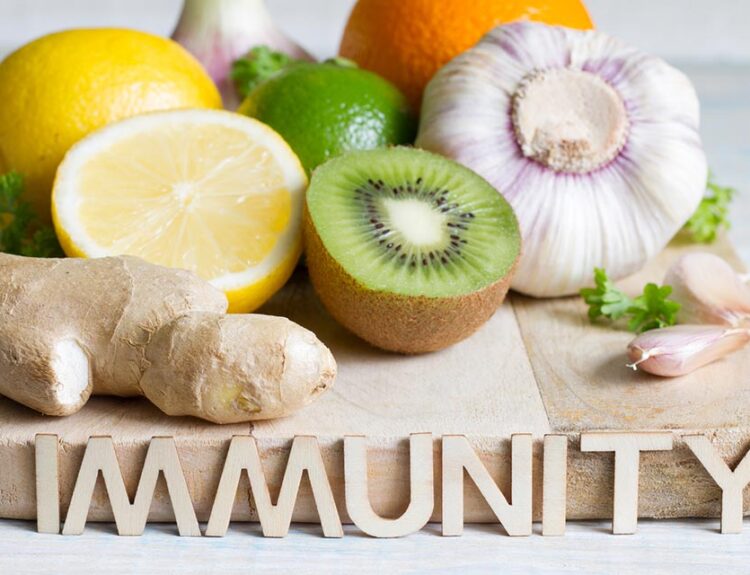About
Stress is a natural response to challenges or demands, and it affects everyone at some point in their lives. While a certain level of stress can be motivating and even beneficial, chronic stress can have serious impacts on health and well-being. Understanding the causes, symptoms, and effective management techniques is crucial for maintaining a healthy lifestyle.
Causes of Stress
Stress can be triggered by a variety of factors, which can be broadly categorized into the following:
1. External Causes
- Work-Related Stress: Deadlines, workload, and job security.
- Financial Stress: Debt, unexpected expenses, and financial insecurity.
- Relationship Stress: Conflicts with partners, family, or friends.
- Life Changes: Events like moving, divorce, or the death of a loved one.
2. Internal Causes
- Health Issues: Chronic illness or injury.
- Emotional Problems: Anxiety, depression, and low self-esteem.
- Personal Expectations: High self-expectations and perfectionism.
Symptoms of Stress
Recognizing the signs of stress is the first step toward managing it. Symptoms can be physical, emotional, cognitive, or behavioral.
1. Physical Symptoms
- Headaches
- Muscle tension or pain
- Fatigue
- Changes in sleep patterns
- Digestive problems
2. Emotional Symptoms
- Anxiety
- Irritability or anger
- Depression
- Feeling overwhelmed
- Mood swings
3. Cognitive Symptoms
- Difficulty concentrating
- Memory problems
- Negative thinking
- Indecisiveness
4. Behavioral Symptoms
- Changes in appetite
- Procrastination or neglecting responsibilities
- Increased use of alcohol, drugs, or tobacco
- Withdrawal from social activities
How Stress is Diagnosed
Stress is typically self-diagnosed, as individuals are often aware of their own stress levels. However, if stress becomes chronic and affects daily functioning, it is important to seek professional help. Doctors may use the following methods to diagnose stress:
- Medical History: Discussing symptoms and their impact on life.
- Physical Exam: To rule out other health conditions.
- Questionnaires: Assessing the level and sources of stress.
Treatment Options for Stress
Effective stress management often requires a multifaceted approach. Here are some key treatment options:
1. Medications
- Antidepressants: For underlying depression or anxiety.
- Anxiolytics: To manage severe anxiety.
- Sleep Aids: For insomnia caused by stress.
2. Lifestyle Changes
- Regular Exercise: Physical activity helps reduce stress hormones.
- Healthy Diet: Eating balanced meals can improve overall well-being.
- Adequate Sleep: Ensuring enough rest is crucial for stress management.
3. Therapies
- Cognitive Behavioral Therapy (CBT): Helps in changing negative thought patterns.
- Mindfulness-Based Stress Reduction (MBSR): Focuses on present-moment awareness.
- Relaxation Techniques: Such as meditation, deep breathing, and yoga.
4. Support Systems
- Counseling: Professional support from therapists or counselors.
- Support Groups: Sharing experiences with others who understand.
- Social Support: Maintaining strong relationships with family and friends.
5. Alternative Therapies
- Acupuncture: May help in reducing stress by balancing the body’s energy.
- Massage Therapy: Can reduce muscle tension and promote relaxation.
- Herbal Remedies: Some herbs, like ashwagandha and chamomile, are known for their stress-relieving properties.
Effective Stress Management Techniques
Implementing stress management techniques in daily life can significantly improve your ability to cope with stress. Here are some effective strategies:
1. Time Management
- Prioritize Tasks: Focus on completing the most important tasks first.
- Break Tasks into Smaller Steps: This makes large projects more manageable.
- Set Realistic Goals: Avoid setting unattainable targets that add to stress.
2. Healthy Lifestyle Choices
- Regular Physical Activity: Engage in activities you enjoy, like walking, swimming, or cycling.
- Balanced Diet: Eat a variety of fruits, vegetables, lean proteins, and whole grains.
- Adequate Sleep: Aim for 7-9 hours of quality sleep per night.
3. Mindfulness and Relaxation Techniques
- Meditation: Practice daily meditation to calm the mind and reduce stress.
- Deep Breathing: Use deep breathing exercises to relax and reduce tension.
- Progressive Muscle Relaxation: Tense and then slowly release different muscle groups.
4. Social Connections
- Spend Time with Loved Ones: Engage in activities with family and friends.
- Join Clubs or Groups: Participate in community activities to build new relationships.
- Seek Support: Talk to trusted friends or family members about your stress.
5. Professional Help
- Therapy: Consider seeing a therapist or counselor for additional support.
- Stress Management Programs: Participate in programs designed to help manage stress.
6. Hobbies and Interests
- Pursue Hobbies: Engage in activities that you find enjoyable and relaxing.
- Creative Outlets: Activities like painting, writing, or playing music can be therapeutic.
7. Work-Life Balance
- Set Boundaries: Establish clear boundaries between work and personal time.
- Take Breaks: Regularly take short breaks during work to rest and recharge.
- Vacation: Plan regular vacations or time off to unwind and relax.
Conclusion
Understanding and managing stress is crucial for maintaining overall health and well-being. By recognizing the symptoms, identifying the causes, and implementing effective stress management techniques, you can reduce the negative impact of stress on your life. Remember, it’s important to seek professional help if stress becomes overwhelming or chronic. Taking proactive steps to manage stress can lead to a healthier, more balanced life.







